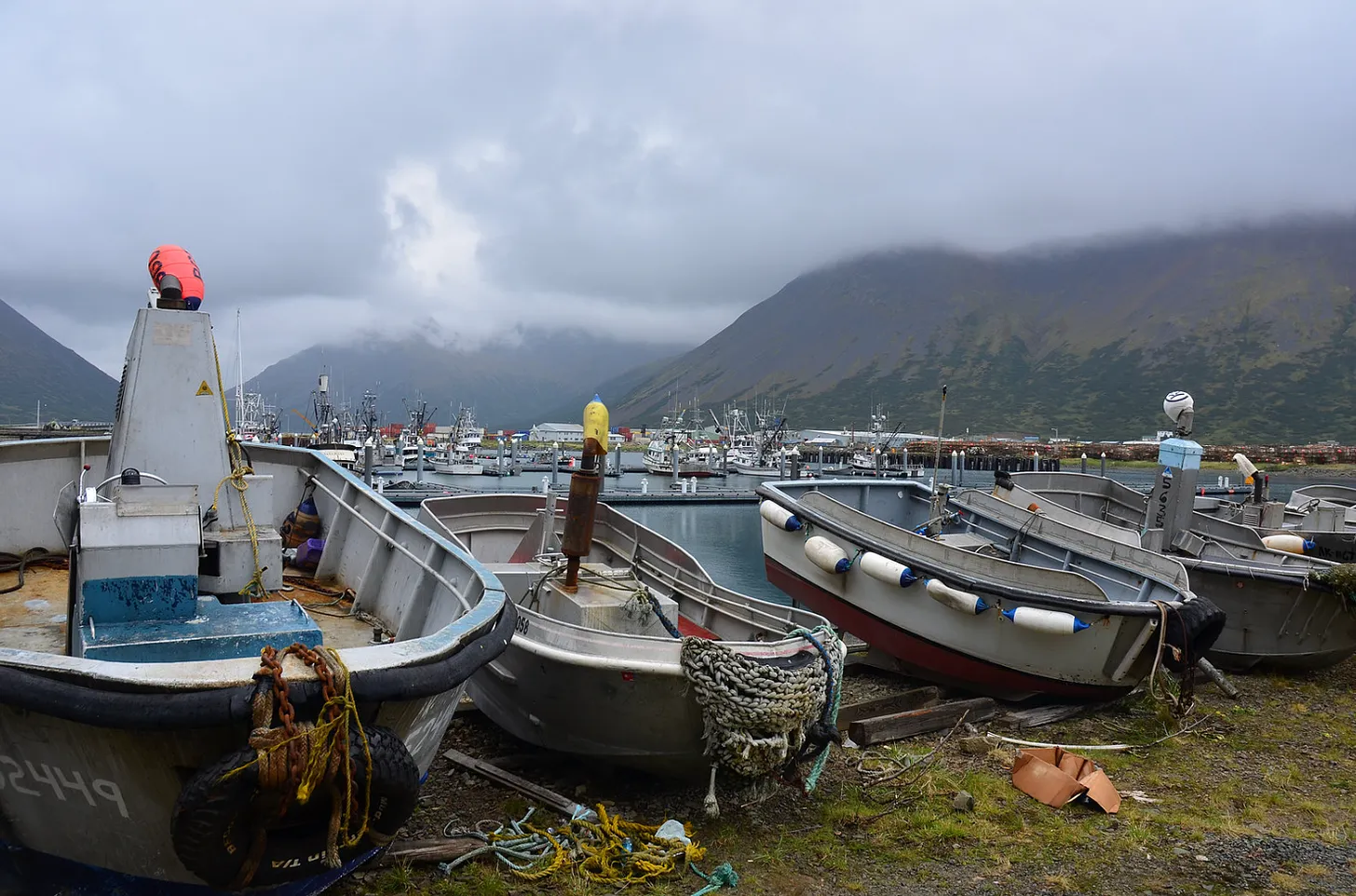Please don't get me wrong; I support drastic action to save these beautiful fish. My position is that the commercial red salmon fishery in the salt has been massively restricted (and rightly so) to minimize catching kings and it is time for the sport fishing guided and recreational fishery to do the same.Seeing a difference in opinion from the locals. Bottomline is non-commercially fished species rarely if ever have a decline in numbers across the board. The fish that generate money get hammered. Saying that Japan owns the fish houses says a lot. They sure eat a lot of fish over there.
I never understood the fishermen not being willing to stop for a couple years to help the fish.
The big money being spent on lobbying is so that the river guides can keep selling trips even on weak run forecasts. I suspect the OP is either a guide or an avid sport fisherman and is advocating for even more restrictions on the commercial guys instead of sport fishing restrictions.
(I do not commercial fish Cook Inlet but do sport fish and personal use fish on the Kenai. I caught one king there 23 years ago.)



